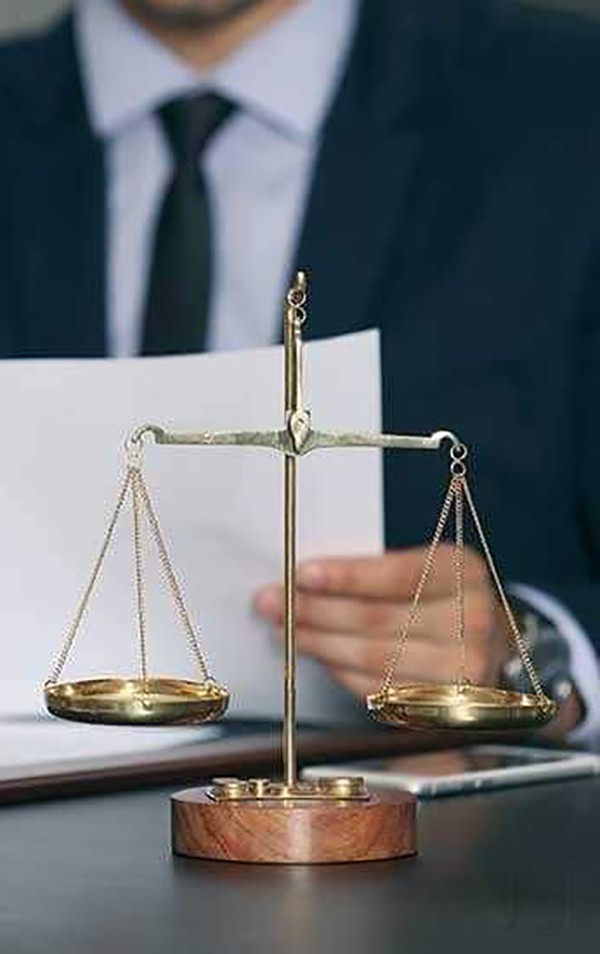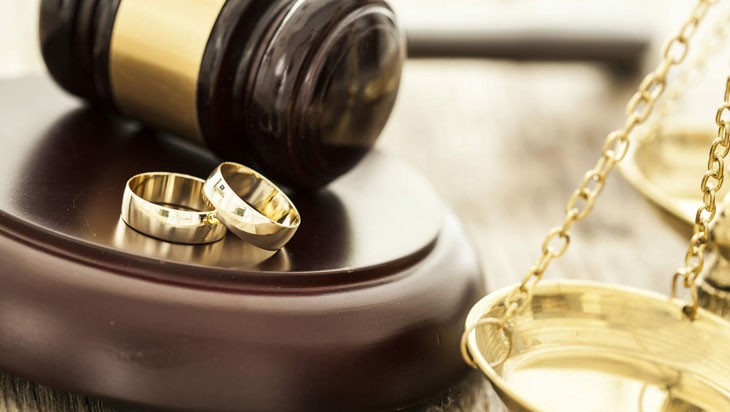Our firm has a specialized team of attorneys who are exclusively engaged in litigation. They literally eat, sleep and breathe litigation every day. Our team has a wealth of experience acting as both plaintiff’s and defendant’s counsel in a wide variety of matters, including civil litigation, criminal litigation, personal injury litigation, labour disputes, intellectual property disputes, divorce litigation, child custody litigation and probate cases.
Without Prejudice
Without prejudice, correspondence refers to written or oral communications exchanged between parties in a dispute, either directly or through their lawyers, with the intention of settling the dispute out of court. Such correspondence typically includes an express or implied “without prejudice” or “subject to contract” label, which indicates that the communication is intended to be confidential and cannot be used as evidence in court if the parties are unable to reach a settlement.
In Thailand, without prejudice correspondence is generally considered privileged and confidential, meaning that it cannot be disclosed to third parties or used as evidence in court unless both parties agree to waive the privilege. This allows parties to negotiate freely and openly without fear that their statements or concessions will be used against them in court.
However, it is important to note that the without prejudice privilege is not absolute and may be waived in certain circumstances, such as when the communication is used to prove a point unrelated to the settlement negotiations or when one party claims that the other party has acted in bad faith during the negotiations.
Overall, without prejudice correspondence is a useful tool for resolving disputes outside of court in Thailand, and parties should be aware of its implications and limitations when engaging in settlement negotiations.
Medical Negligence

Compensatory Damages
Future Damages
Contributory Negligence
Statutory Caps
Thai law exemplary damages
Under Thai law, in addition to compensatory damages, there is a provision for “exemplary damages” or “punitive damages” in certain circumstances. Exemplary damages are awarded to punish the defendant for their misconduct and deter others from engaging in similar behavior. However, it’s important to note that exemplary damages are not commonly awarded in practice in Thailand, and the legal framework regarding their application is limited.
Regarding damages for pain and suffering, Thai law recognizes the concept of non-economic damages, which can include compensation for physical pain, mental anguish, emotional distress, and loss of enjoyment of life resulting from the injury or harm suffered. The specific amount of damages awarded for pain and suffering is determined by the court based on the circumstances of each case, including the severity of the injury, duration of pain and suffering, and impact on the injured party’s quality of life.
It’s worth mentioning that there are no fixed guidelines or specific formulas for calculating non-economic damages in Thailand. The courts have discretionary powers to assess and award damages based on the evidence presented and their evaluation of the situation.

